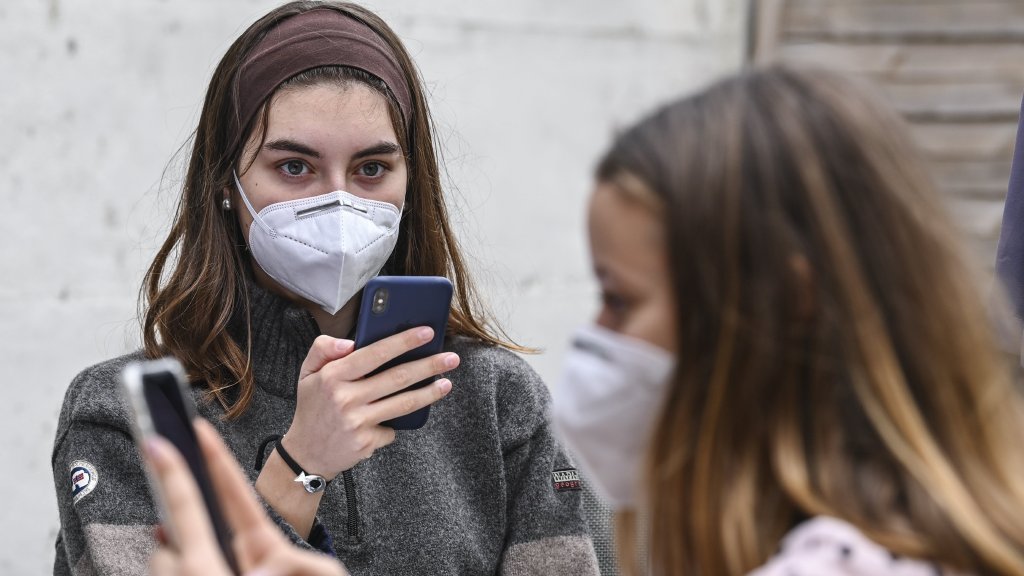Contact tracing is important in the struggle to stop the spread of the coronavirus Covid-19, but not enough attention is being paid to the other side of the coin – source tracing, according to medical specialist Professor Jan De Maeseneer.
We will all be familiar by now with the concept of contact tracing: if a person tests positive for the virus, the track and trace services track down the people he has been in contact with, and advise them to get tested themselves.
In practice, the system is still suffering teething troubles even nine months into a pandemic. However slow advances are being made, for example with the availability of the Coronalert smartphone app, which is now being used by more that half a million people in Belgium.
But another avenue of investigation is being largely ignored, and that is source tracing, Professor De Maeseneer told the VRT’s Terzake programme.
Source tracing, as the name suggests, is the mirror image of contact tracing: instead of finding out who the person who tested positive may have spread the virus to, source tracing sets out to find who may have infected them in the first place.
The technique has been tested with promising results in Kortrijk, Antwerp and Mechelen, and Prof De Maeseneer is involved with tests in Ghent. The tests are supported by the Flemish government, both with finance and with manpower.
“I have this morning's report in which 91 situations from the last week have been analysed,” he told the programme.
“Half of the infections originated within the family or groups of friends, some also in the workplace or at school. Three concern travellers returning from abroad, and one is about a catering situation. So you get a clear picture of what to focus on. Families appear to be the most important source to look at.”
Those figure, however, do not necessarily contest the claim by politicians that cafes are an important source of infection, a view which has led to tough restriction across the country, and a full lockdown of the sector in Brussels.
“People don’t necessarily say if they’ve been infected by friends in the cafe,” he said.
“In any case, we should learn from this that we should not stigmatise one particular group or sector.”
Alan Hope
The Brussels Times

